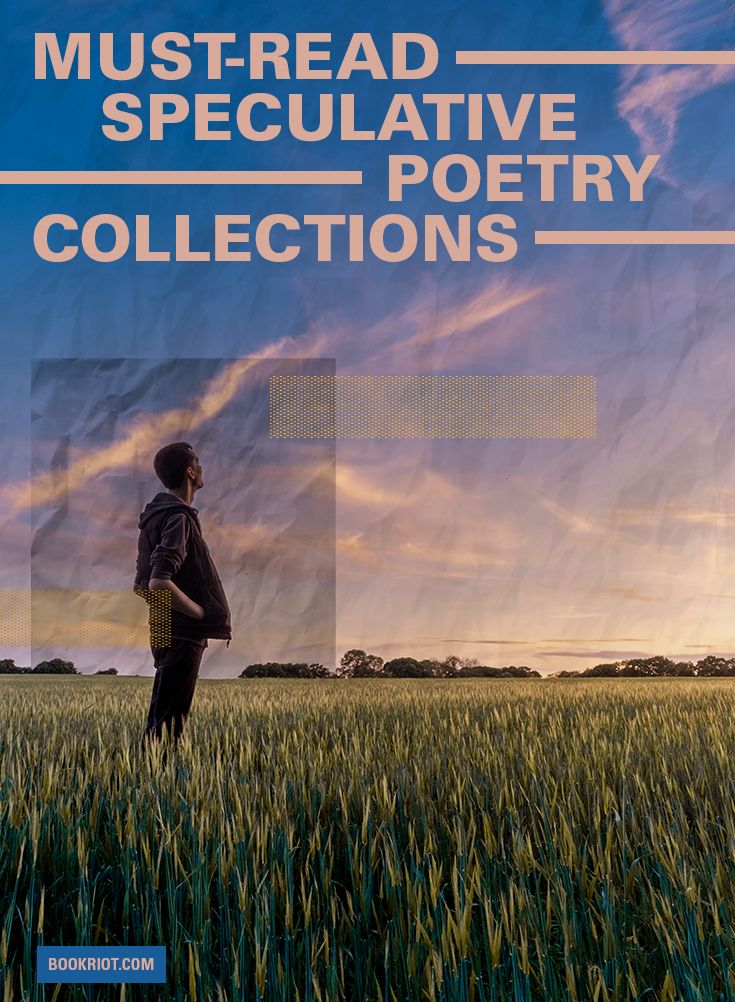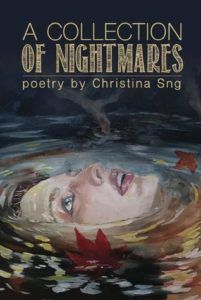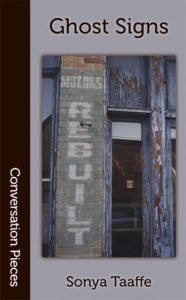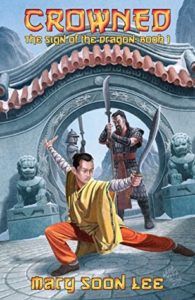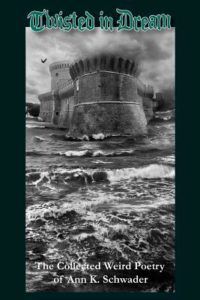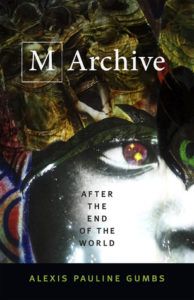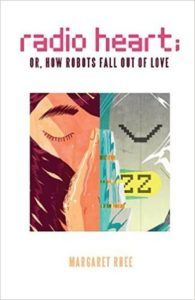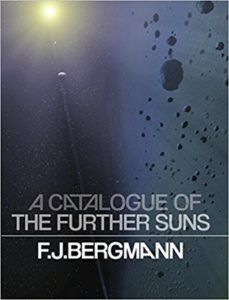So right here right now, apologies in advance for leaving out your must-read sci-fi fantasy speculative poet. Please include your faves in the comments. I’ll keep reminding you to do so. Speculative poetry has so many sub-genres: hard sci-fi, science-y sci-fi, fairytale, horror (as aforementioned, yikes!), mythology-leaning, robot-ish, aliens, and, I’m sure, more. A little background might help to understand this expanding category of speculative poets.
A Quick History
Mark Rich wrote a piece on the history of specpo for Strange Horizons, a weekly magazine that focuses on fiction as well as other genres of sci-fi. He defines speculative poetry as “the poet present[ing] an unreal world as though presenting the real one.” Yes! That’s a fantastic way to define this genre of many genres. Magic Dragon.com refers to Aristotle’s poetics to show that poetry acted as “language of philosophy, science, and all serious thought.” It suggests that Virgil, Chaucer, Spenser, Marlowe, and Shakespeare were all a little speculative because they all have cosmic references in their writing. The same would then apply to Donne and Milton in the 17th and 18th Centuries when a split between science and fantasy started to occur. Moving ahead in time, with this wide definition in mind, we can also welcome into the mix well-knowns like Byron, Blake, Percy Bysshe Shelley, and also Dora Sigerson Shorter’s “The Watcher In The Woods.” Also included then are Christina Rossetti (Check out “Goblin Market”) and Emily Dickinson (Read “Witchcraft has not a pedigree”). The Encyclopedia of Science Fiction offers some other poets from across time. Lilith Lorraine (aka Mary Maude Wright nee Dunn) published Wine of Wonder (1951), which “she advertised as being the first volume of poetry devoted to sf.” Then throughout the ’60s, speculative poetry was published more in literary magazines and anthologies. With the space race underway in the 1970s, more journals published space-inspired poetry that was science fiction–adjacent. Also, the ’70s saw work emerge from H.P. Lovecraft. Here’s where you jot down any favorite poets of these times I’ve skipped over. Leave that list in the comments at the end.
1978: Enter the Science Fiction Poetry Association!
Full disclosure: I’m a member. Also, some of the to-read suggestions below come from SFPA members. Here’s who they/we are: “The Science Fiction and Fantasy Poetry Association was established in 1978 by Suzette Haden-Elgin and has an international membership representing over 19 nations and cultures including United States, Italy, Canada, Brazil, United Kingdom, Ireland, Romania, Poland, Denmark, Germany, France, Spain, Israel, South Africa, Singapore, Thailand, Laos, the Hmong, South Korea, Australia, and New Zealand.” Note that “And Fantasy” was added to the name of the group within the past few years. The organization grants the annual Rhysling Award for best science fiction poem and the annual Elgin Awards for best science fiction poetry chapbook and best full length science fiction poetry collection. Their official magazine is Star*Line, currently edited by Vince Gotera. If you’re interested in reading any of the first 25 Rhysling winners, you can find them in the collection Alchemy of Stars. Throughout the ’70s and ’80s, a bevy of specpo continued, branching into mainstream publications and out into fringe and focused magazines. Some were science-driven. Some were horror-driven. Others developed weirdly-worldly ideas. Since then, speculative poetry has made its way into crevices and corners across the globe. Here’s where I’ll mention Neil Gaiman’s Poems. And here’s where you can make note of any more favorite of yours I haven’t mentioned so that you can mention them in the comments.
A To-Read Speculative Poetry List
As crowd-sourced from near and far and from my own mind, here are some must-read collections that offer a good deal of variety in speculative poetry. A Collection of Nightmares by Christina Sng: This collection of fantastical fears won the Bram Stoker Award for Best Poetry Collection in 2017. Demonstra: A Poetry Collection by Bryan Thao Worra: If you want creatures ranging from creepy to strange to horrific, these poems are for you. Ghost Signs by Sonya Taaffe: This collection is part of the Aqueduct Press Conversation Pieces series. That means it’s sci-fi fem poetry. Did you know that was a thing? I didn’t until I found Aqueduct. [Side Note: Some more full disclosure—they published my poetry collection in 2017 after I submitted my ms for consideration. They were like, we like your work. I was like, Yep I totally write sci-fi fem poetry. And I do, I just didn’t know that’s what I was doing.] Back to Sonya Taaffe: Ghost Signs includes one Rhysling winning poem and dives into relationships between the dead and the living. Crowned: The Sign Of the Dragon: Book 1 by Mary Soon Lee: Here’s a world-builder that won an Elgin Award and contains a Rhysling winner. Illustrated by M. Wayne Miller, these poems weave an epic with roots in Celtic and Asian lore. The Lay of Old Hex: Spectral Ballads and Weird Jack Tales by Adam Bolivar: Mixing verse and prose, this collection follows the story of Jack Drake on strange and sometimes terror-ish adventures. Night Ship to Never by David C. Kopaska-Merkel and Kendall Evans: A collaborative effort, this poetry journeys into space, pondering robots and humanity. Twisted in Dream: The Collected Weird Poetry of Ann K. Schwader: Find your dystopia here. M Archive: After the End of the World by Alexis Pauline Gumbs: This book is a collection of poetic artifacts—part poetry, part prose, part visual, all speculative in that undefinable kind of way. Radio Heart; Or, How Robots Fall Out Of Love by Margaret Rhee: Another Elgin Award winner here, the title kind of explains it all. Life on Mars by Tracy K. Smith: This collection is complete with references to David Bowie and 2001: A Space Odyssey appearing throughout. (Sing along here). On that one-way trip to Mars by Marlena Chertock: I’ve mentioned Chertock’s work before, and this collection also delivers on thought-provoking verse. Here we soar into space as the poems combine the fantastic with a human-health view. A Guide For The Practical Abductee by E. Kristin Anderson: Here you can head out into the unknown worlds of paranormal phenomena. A Catalogue of the Further Suns by F. J. Bergmann: This Elgin Award winning collection weaves a parallel world that seems much like ours, or maybe it is ours, or maybe, well…these poems make you think and question. That’s the point of specpo, really. Speculative poetry allows us to think, rethink, travel, get lost, find our way, and change or reaffirm what and who we are. Mark your calendar: November 3 is International Speculative Poetry Day. For more speculative reading, check out the archives. And also, as you may already know, your comments are welcome!
